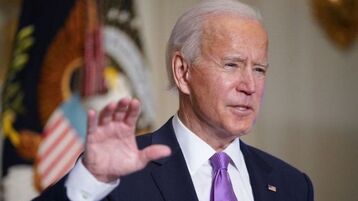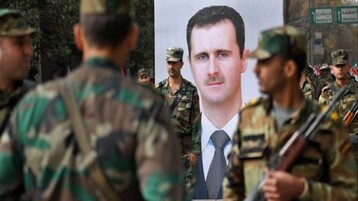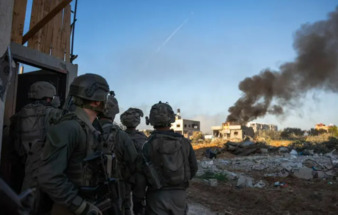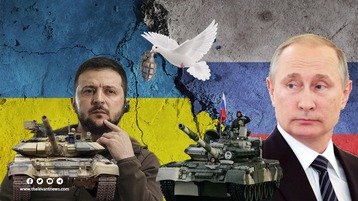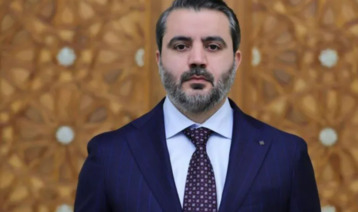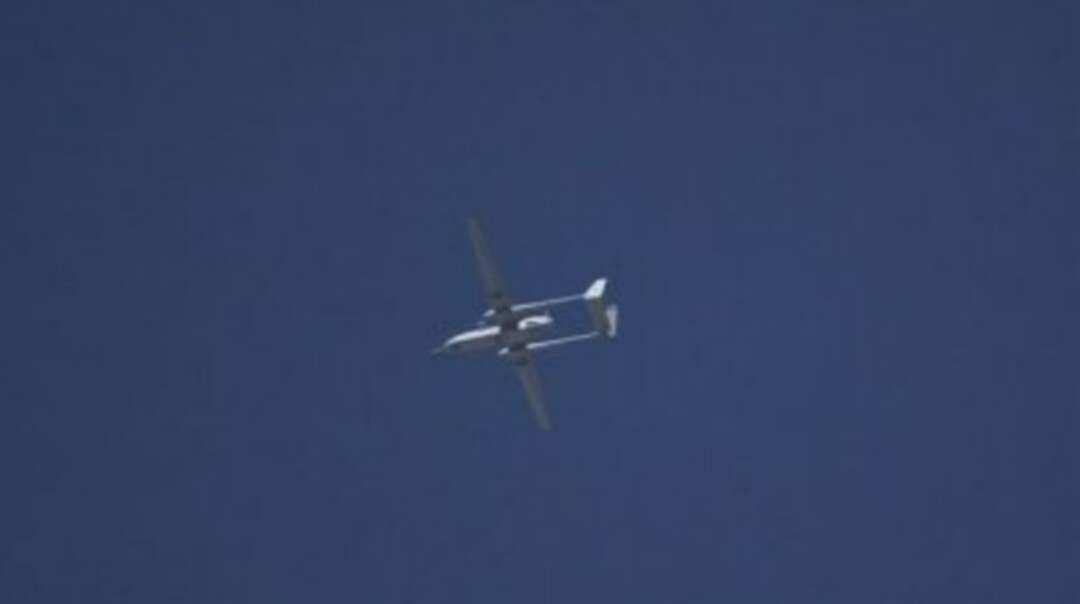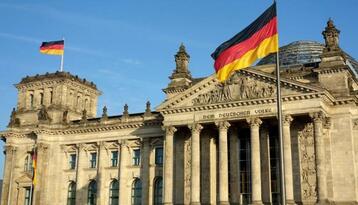-
Lebanon’s protests turn into riots during weekend of violence
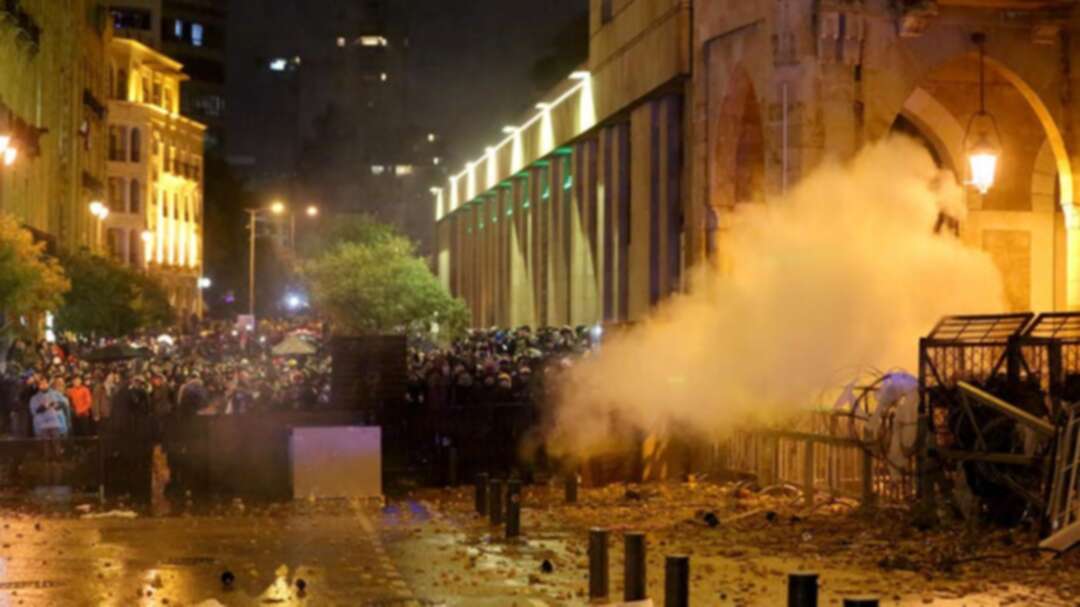
Riots in Lebanon broke out on Sunday, as riot police deployed water cannons and fired tear gas, rubber bullets, and allegedly real bullets at demonstrators amid the second night of violence.
President Michel Aoun is to hold a security meeting at noon on Monday with the interior minister, Raya El Hassan, and the heads of the Army, Internal Security Forces (ISF), State Security, and General Security, following two nights of escalating violence.
This comes after ISF chief Major General Ima Othman and army commander Joseph Aoun met on Sunday to ensure coordination between the two agencies, after 142 ISF members were injured in Saturday night’s clashes, with three serious injuries including skull fractures.
Protesters initially gathered on Sunday evening at Mohammad al-Amin Mosque in central Beirut for a cross-religious evening prayer for 4:55 p.m.
However, a number of those present were not there for the prayers. “We are here for the protests,” Jana Hakwaji, a 19-year-old school student, told Al Arabiya English.
Shielded security personnel used megaphones to call on protesters to disperse before releasing rounds of rubber bullets, which hit a reporter from Al Jazeera in the leg and injured a crew member from the News Channel Al-Jadeed. The leading Lebanese television channel later took to Twitter to condemn the excessive use of rubber bullets by security forces.
Initial reports from the Lebanese Red Cross said 38 people had been injured and transferred to hospital, with a further 52 treated onsite. Pictures of grotesque injuries circulated on Twitter, after security forces allegedly contravened international regulations on the use of rubber bullets.
“I am here because of what happened last night, I am against this,” Hakwaji said. “I don’t know why they are treating us like this, most of them have sisters, and fathers, and brothers here with us.”
The previous night, nearly 400 were treated for injuries.
Protesters returned to downtown after a military motorcade displaying rocket-propelled grenades, armored vehicles, and firearms paraded past the mosque during the call to prayer.
“They are trying to scare us, but we are not scared at all,” Hakwaji told Al Arabiya English.
Protesters gathered near Nijmeh Square in downtown Beirut under the slogan “No turning back,” and battered walls with metal poles, using loose fragments to attack riot police on Sunday evening.
One protester held a blowtorch up to the barricade that riot police used to warm their hands in a show of mockery. Others attempted to climb barricades, which have obstructed access to the Parliament building since the beginning of the protests in October.
Amidst an increasing security presence in downtown Beirut, ISF used Twitter to call for calm and to ask protesters to refrain from vandalizing public and private property and attacking security forces.
Despite requests for calm as clashes escalated, some protesters launched Molotov cocktails over blockades at riot police.
Later, cheering crowds of protesters battered into state-run telecommunications company Alfa’s downtown branch and a branch of chocolate shop Patchi, reportedly looting items from inside.
“There is a way to calm the popular storm. Stop wasting time, form a government and open the door to political and economic solutions,” Caretaker Prime Minister Saad Hariri said via Twitter on Sunday.
Prime Minister-designate Hassan Diab met with President Michel Aoun at Baabada Palace on Sunday evening but made no statement to press regarding the formation of a new government when he left.
Sunday marked a month since former Education Minister, Hassan Diab was nominated as the future Prime Minister and the 95th day of nationwide demonstrations which have protested against the political deadlock that has led the country into its worst economic crisis since the civil war.
source: Lauren Lewis
You May Also Like
Popular Posts
Caricature
opinion
Report
ads
Newsletter
Subscribe to our mailing list to get the new updates!

